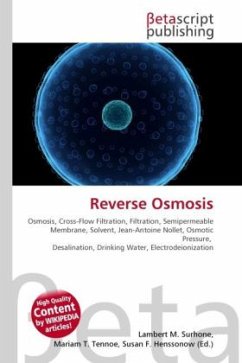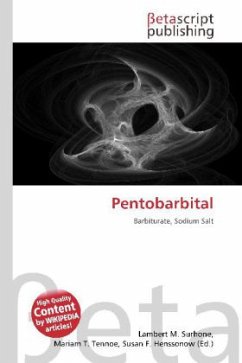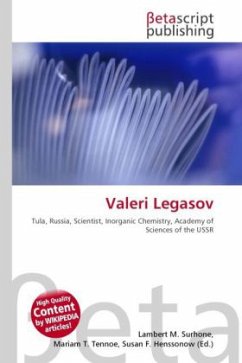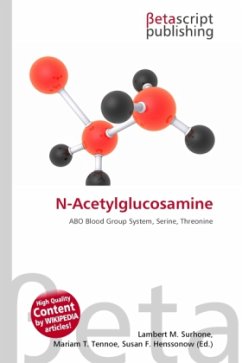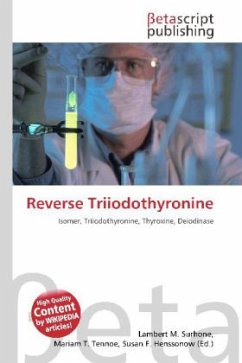
Reverse Triiodothyronine
Versandkostenfrei!
Versandfertig in 6-10 Tagen
19,99 €
inkl. MwSt.

PAYBACK Punkte
10 °P sammeln!
Please note that the content of this book primarily consists of articles available from Wikipedia or other free sources online. Reverse triiodothyronine (reverse T3, or rT3) is a molecule which is an isomer of triiodothyronine (T3). It is derived from thyroxine (T4) through the action of deiodinase. rT3, unlike T3, does not stimulate thyroid hormone receptors. However, rT3 nonetheless binds to these receptors, thereby blocking the action of T3. Under stress conditions, the adrenal glands produce excess amounts of cortisol. Cortisol inhibits the conversion of T4 to T3, thus shunting T4 conversi...
Please note that the content of this book primarily consists of articles available from Wikipedia or other free sources online. Reverse triiodothyronine (reverse T3, or rT3) is a molecule which is an isomer of triiodothyronine (T3). It is derived from thyroxine (T4) through the action of deiodinase. rT3, unlike T3, does not stimulate thyroid hormone receptors. However, rT3 nonetheless binds to these receptors, thereby blocking the action of T3. Under stress conditions, the adrenal glands produce excess amounts of cortisol. Cortisol inhibits the conversion of T4 to T3, thus shunting T4 conversion from T3 towards rT3. Consequently, there is a widespread shutdown in T3 binding across the body. This condition is termed Reverse T3 Dominance. It results in reduced body temperature, which slows the action of many enzymes, leading to a clinical syndrome, Multiple Enzyme Dysfunction, which produces the effects seen in hypothyroidism.



